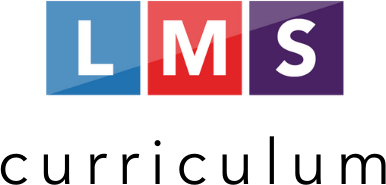Round 3
by Eloisa Amezcua

photo by Amelia Golden
Writing Workshop
Workshop Title: Remarkable
Step 1
Ask your students, “Who is the most remarkable athlete of all time? Why?” Then give them time to discuss.
Step 2
Read “Round 3” by Eloisa Amezcua. When you’re done, briefly discuss why the poet finds the subject of the poem, Bobby Chacon, so remarkable. What made him “poem-worthy”?
Step 3
Say, “Think of the ways or reasons why an athlete was so remarkable in their area of expertise, either on or off the “field.” Come up with as many different reasons as you can.” Then give them a few minutes to brainstorm.
Step 4
Ask your students to compose a poem similar in sentiment to “Round 3” in which they discuss the career or characteristics of an athlete they find “remarkable.”
Step 5
When the students are done, have them share their responses with one another.
Analytical Lesson
Area of Focus: Various
Step 1
This lesson allows students to analyze various concepts and skills, so it is recommended that you have covered several of the “standalone” lessons before assigning this one.
Step 2
Watch the following trailer for the movie Creed. When it’s over, ask your students what they know about the main character based on the trailer alone.
Step 3
Read “Round 3” by Eloisa Amezcua, a poem about professional boxer Bobby Chacon. Ask your students to pay particular attention to any of the poetic elements and techniques the poet uses to characterize Bobby Chacon and his life.
Step 4
Ask your students to open the following document and go over the directions with them. In this assignment, your students are going to have to create a movie trailer – similar in style as the Creed trailer they watched early – that depicts the life and character of Bobby Chacon.
Step 5
Circulate the room when your students are working. Then, based on your observations, choose a few exemplary trailers to share with the rest of the class when most have finished.
Essay Materials
Lesson Details
Lesson Info
Focus
- Various
Themes
- Body / Body Image
- Children / Youth
- Class
- Education Formal / Informal
- Food / Hunger
- History
- Joy
- Violence
Literary Tags
- Diction
- Figurative Language
- Selection of Detail
- Sound Devices
- Structure
- Tone
